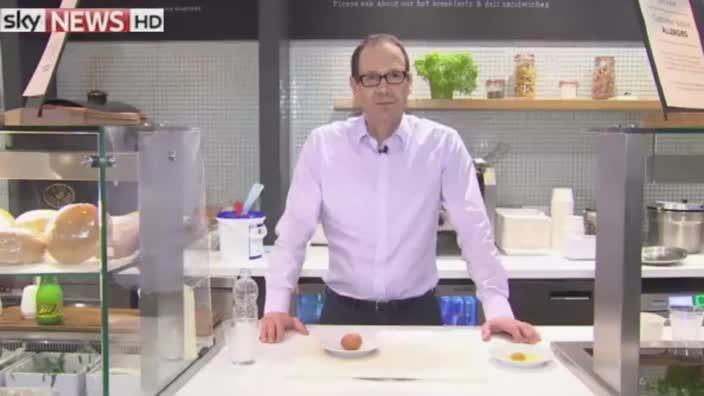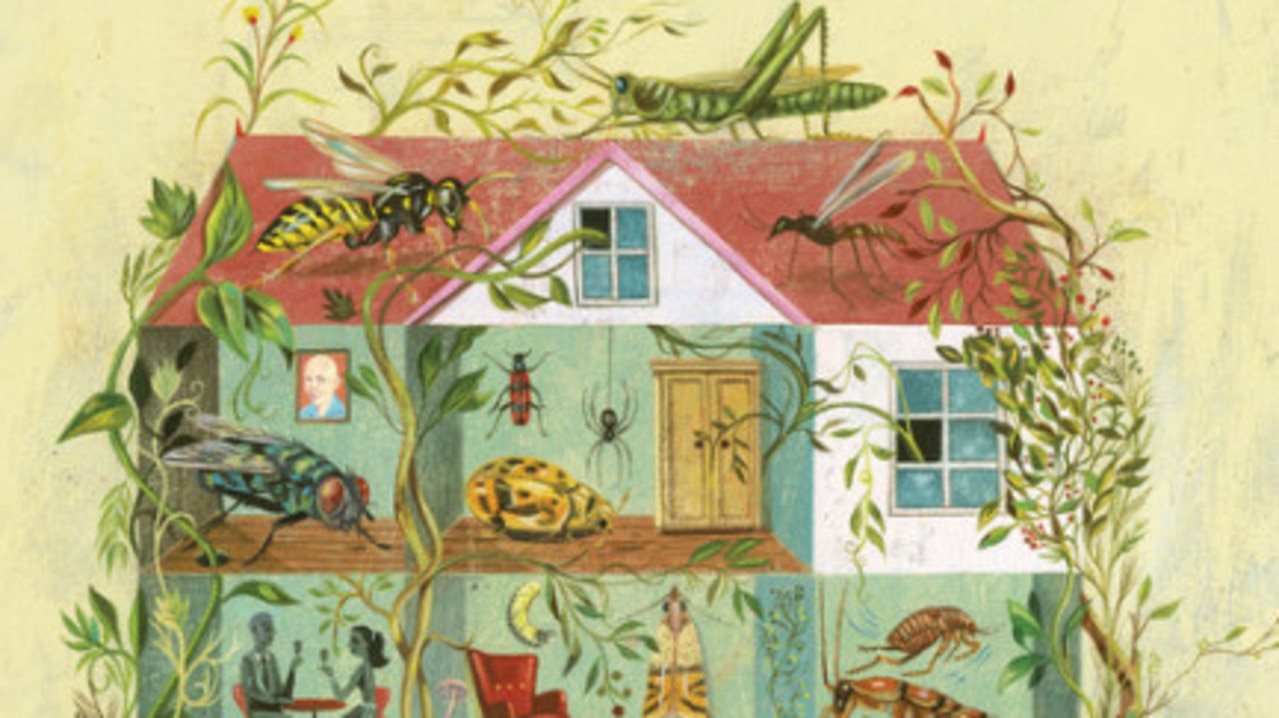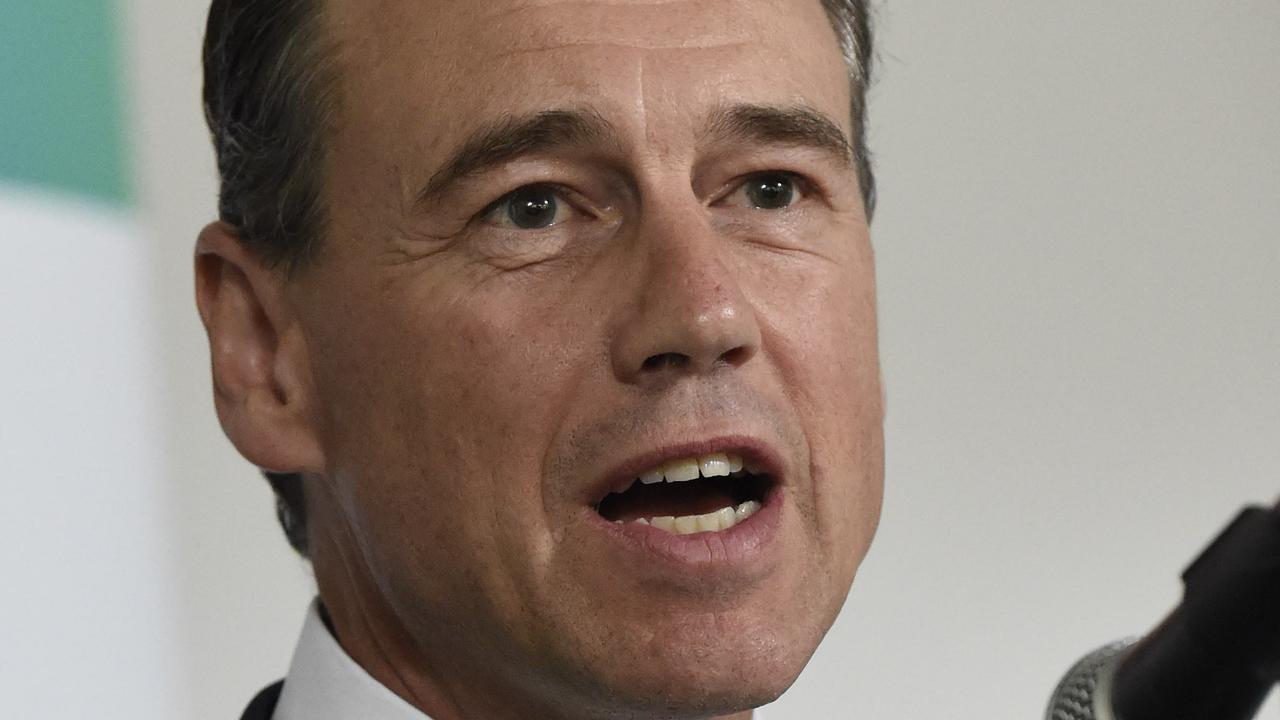Britain’s three-parent IVF decision raises hopes in Australia
SCIENTISTS have called for “three-parent IVF” to be given the green light in Australia.

SCIENTISTS have called for “three-parent IVF” to be given the green light in Australia after the House of Commons voted overwhelmingly to approve the genetic engineering techniques.
In a groundbreaking medical advance, the hereditary genetic defect that causes mitochondria disease can be circumvented by using part of a donor egg, with healthy mitochondria, to carry cells from the prospective mother and father.
One Australian child a week is born with a serious mitochondrial condition that can lead to a range of health problems or even death and is frequently carried through generations.
Britain’s lower house debated the science and ethics of such technology on Tuesday, approving the techniques by a 382 to 128 margin.
John Carroll, a professor of reproductive biology at Monash University in Melbourne, said British regulatory authorities had examined the issue exhaustively and “it would be unfair on the families who have mitochondrial disease in Australia not to do something about it (here)”.
Clinical applications of the new technique are outlawed in Australia under the Prohibition of Human Cloning for Reproduction Act. While researchers can use the technique under licence from the National Health and Medical Research Council, no licence applications have been submitted and the scope is limited.
Nonetheless, the British decision puts the issue back on the agenda and has given some Australian women hope. For Perth’s Toby Beard, it means that delivering a healthy child of her own — and in the process ending an unwanted family tradition — may finally be possible.
Ms Beard, 34, carries the genetic defect that has plagued the women in her family and caused serious health problems for her sister.
When Ms Beard’s wife, Amy, gave birth to their first child 12 weeks ago, as a result of artificial insemination, it raised the question of whether Ms Beard could follow suit. That might now be possible, and the couple are considering their options.
“Everyone has a child who could get sick ... but knowing your child could die with what is a terminal illness, and one that you gave them, is so much worse. You’d never want anyone to go through that, not even your worst enemy,” Ms Beard said yesterday.
Peter Illingworth, medical director of fertility company IVF Australia, said any ethical considerations were outweighed by the potential benefits. “The British parliament has a reputation for thorough debate and world-leading legislation around reproductive medicine and research,” he said.
Monash evolutionary biologist Damian Dowling said some scientific objections had not been addressed. “We know that in mice and fruit flies, these techniques can result in lower male fertility and early ageing,” he said.


